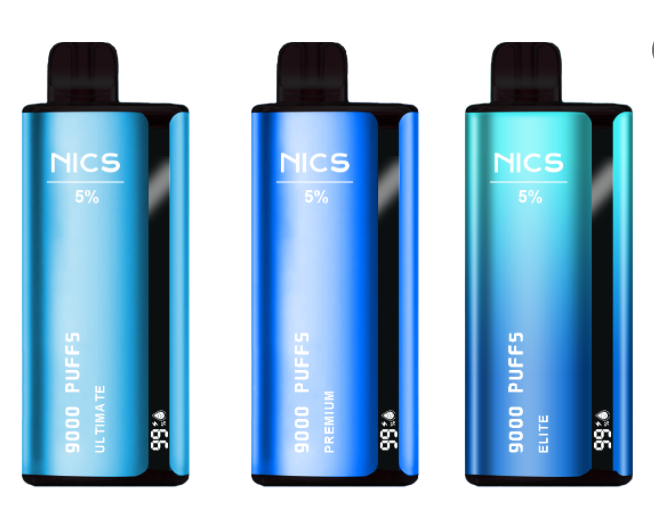Pro-Consumer Vaping Bill Becomes Law in Philippines
2022-08-11
The vaping regulation bill passed by the Philippines legislature in January has become law. The legislation makes the Philippines one of very few Asian countries with reasonable vaping regulations intended to benefit people who smoke or would smoke if vapor products weren’t available.
The most important aspect of the law is that it legitimizes vaping as a strategy to help smokers reduce or eliminate their health risks. There are more than 16 million Philippines citizens who smoke. Offering them a government-approved, regulated alternative could save millions of lives.
Neither the final Senate bill nor the reconciled version passed by both legislative chambers is available to read, so specifics about the bill are difficult to pin down. The following details come mostly from Philippines news sites, which sometimes conflict (about flavors at least). We will revise the article if necessary when the final law is published.
The law gives authority to regulate vaping and heated tobacco products to the Department of Trade and Industry (DTI), which will consult with the Philippines Food and Drug Administration (FDA) to set technical standards for safety and quality. (The FDA will maintain authority over products making health claims, like nicotine replacement therapies.) The law includes all consumer vaping products, including those that don’t contain nicotine.
The law allows online sales and products with nicotine strengths up to 65 mg/mL (6.5 percent). It lowers the legal age of purchase from 21 to 18, which means there will be more young people vaping instead of smoking (the age to buy cigarettes is 18). The new vape law imposes restrictions on where vaping products can be sold, and provides penalties for stores and online retailers that sell to minors. It also restricts advertising, including use of social media influencers and celebrities.
While the new law may not ban flavors outright, it at least prohibits labels and advertising that use “flavor descriptors that are proven to unduly appeal particularly to minors,” according to Vera Files. A flavor descriptor is presumed to appeal to minors “if it includes a reference to a fruit, a candy brand, dessert, or to a cartoon character.”
However, according to some reporting, legislators supporting the bill claim the law would maintain the existing flavor ban and add the “descriptor” language on top of it. An outright flavor ban would probably prevent legal vaping retailers from effectively competing with black market sellers.
But flavor ban or not, the Philippines’ new vape law is a minor miracle. In Southeast Asia, nicotine and tobacco policy is dominated by the World Health Organization’s Bloomberg-fueled prohibitionist ideology. Most of the Philippines’ neighboring countries have passed outright vape bans, in accordance with WHO recommendations. For Filipino vaping advocates to battle the influence of the tobacco control establishment and eventually convince elected officials to enshrine tobacco harm reduction in law is a major feat.






















































